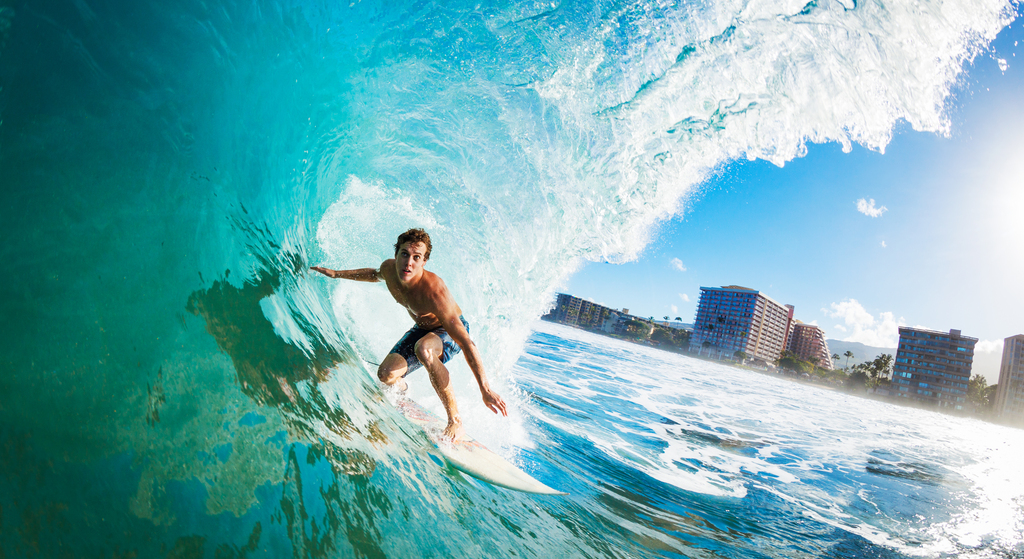Surfing is an exhilarating sport that lets you connect with the power and rhythm of the ocean. For many, it's a dream to ride the waves, but getting started can be a bit overwhelming. If you're new to surfing, you might be wondering how to take that first step toward becoming a confident rider. Here's a quick guide packed with essential tips to surfing every beginner needs to know before hitting the waves.

1. Start with the Right Equipment
Your choice of surfboard can make or break your first experience. For beginners, a longboard or a foam board is ideal due to its stability and buoyancy. It's easier to paddle and provides a larger surface area to catch waves. Additionally, wear a wetsuit if you're in colder water to keep you warm and protect you from rashes caused by the board or the saltwater.
2. Learn the Ocean and Respect It
Understanding the ocean is key to becoming a successful surfer. Get familiar with the tides, currents, and different types of waves. Spend time observing the water before you jump in. Look out for rip currents and always surf in conditions suited to your skill level. Respect the ocean's power and remember that safety should always come first.
3. Focus on Your Paddling Technique
Paddling is the foundation of surfing. Without good paddling skills, you won't be able to catch many waves. Lie flat on your board with your chest slightly raised and use long, smooth strokes. Practice paddling in calmer waters before you try catching waves to build your endurance and form.
4. Master the Pop-Up
The pop-up is the transition from paddling to standing on your board. This can be tricky for beginners, but with practice, it becomes second nature. Start by practicing your pop-up on the sand: push up with your hands and quickly bring your feet underneath you in one fluid motion. Once you feel comfortable on land, try it in the water.
5. Take Surf Lessons
If possible, take a few surfing lessons from a certified instructor. They can guide you through the basics, from paddling and popping up to reading waves and positioning yourself. Plus, having someone experienced in the water with you can boost your confidence and improve your learning curve.
Surfing is all about practice, patience, and respect for the water. Don't be discouraged if you don't get it right away. The more time you spend in the water, the better you'll become. Keep pushing yourself, stay safe, and most importantly—have fun!
Happy surfing!





